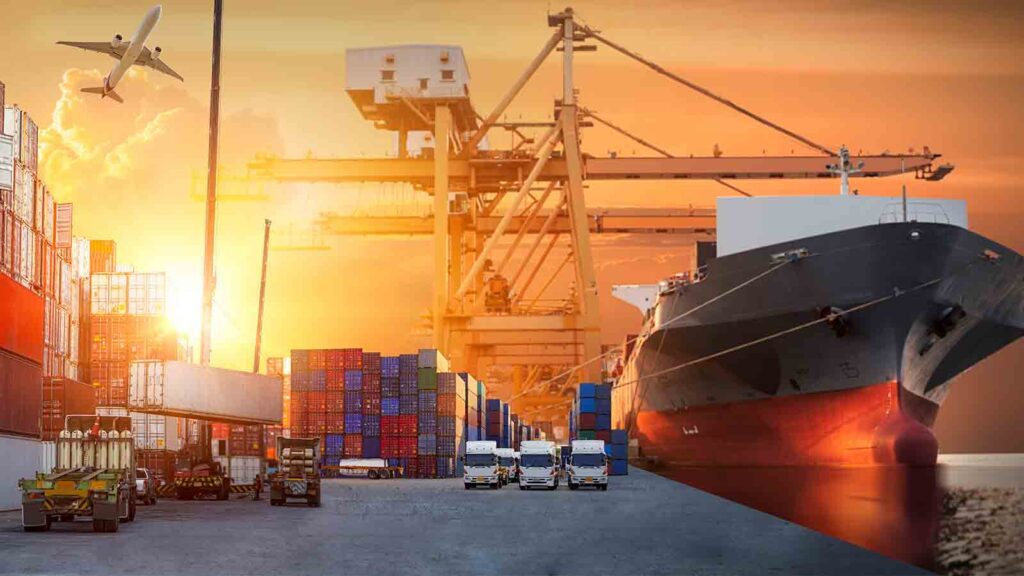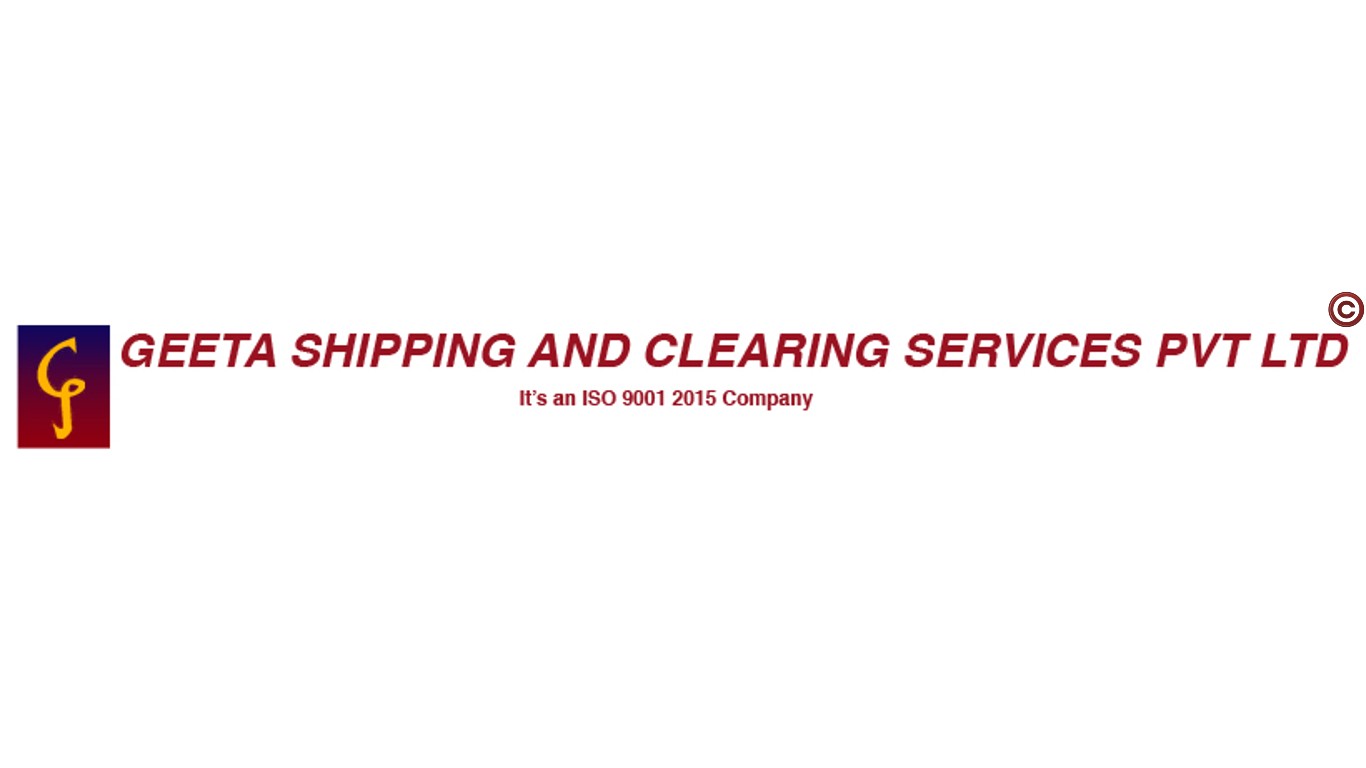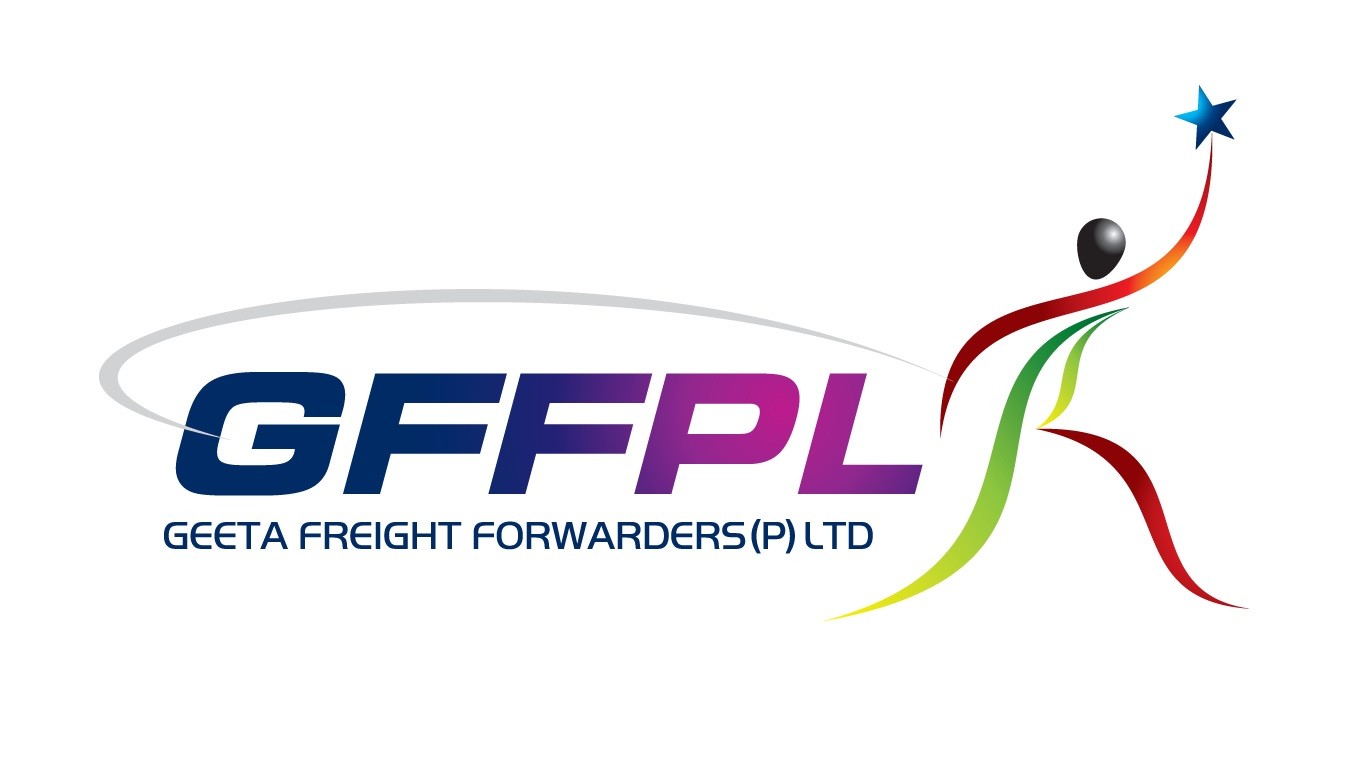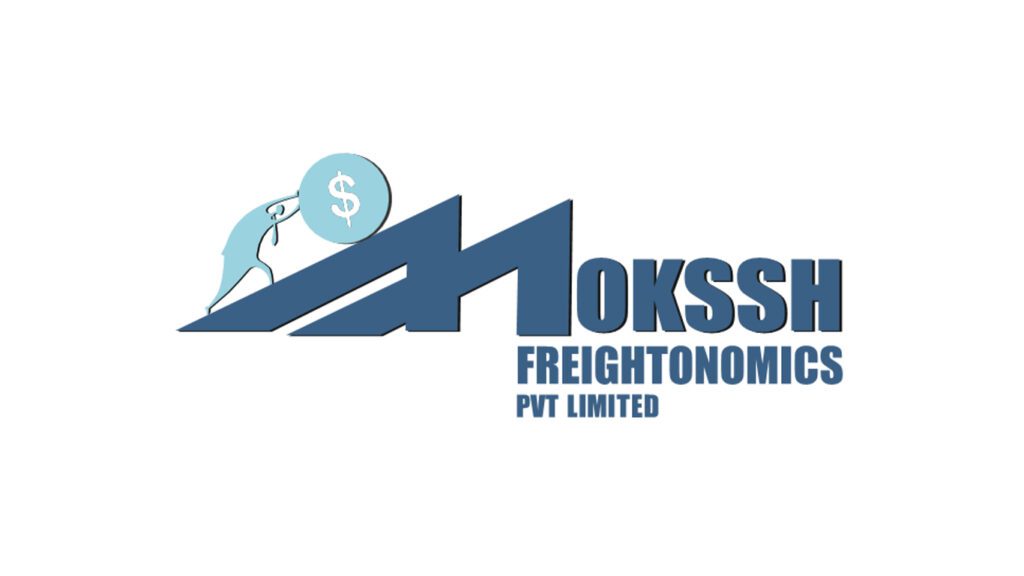- Home
- About Us
- Services
- Industry Sectors
- Custom Clearance
- Logistics
- Ocean Freight
- Cargo Consolidation
- Warehousing & Distribution
- Multimodal Transport Operator
- Reverse Logistics
- NVOCC
- AEO Consulant
- 3PL And 4PL Logistics
- Air Freight
- Custom House Agent
- Project Execution & Finalization
- Specialization
- Strategy
- Careers
- Gallery
- Contact Us
- Blogs




